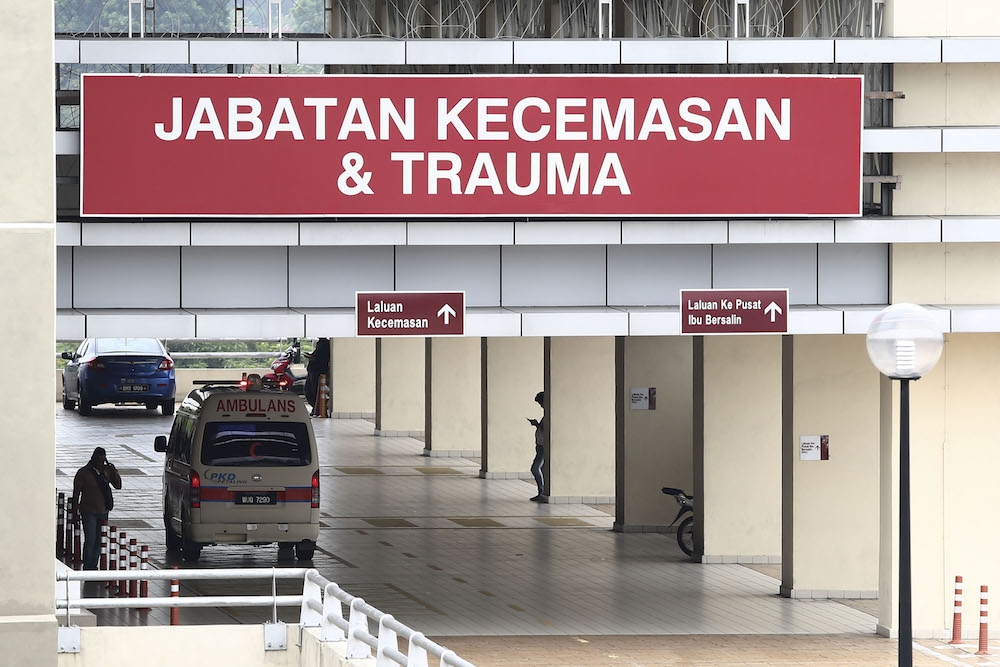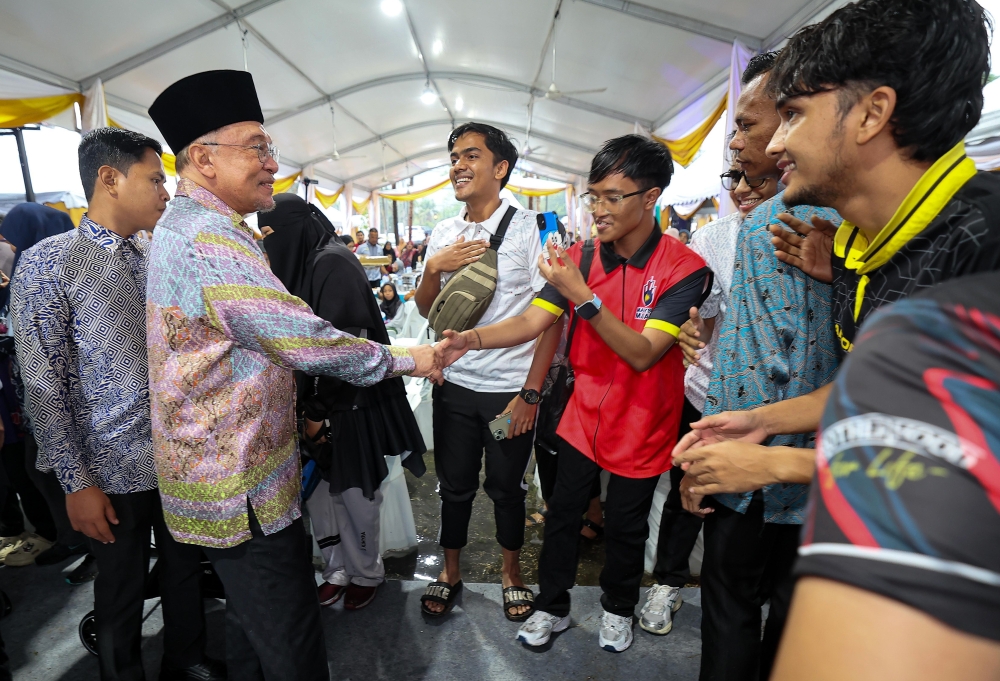KUALA LUMPUR, March 5 — A recent study conducted on the global population and their awareness of the Covid-19 found that Malaysia ranks first among countries with positive behaviour change, with a 76 per cent increase in handwashing.
The study conducted by Harris Interactive and RB Health Malaysia Sdn Bhd ― makers of disinfectants Dettol and Lysol ― also found that Malaysia recorded the highest level of concern (91 per cent) about contracting the Covid-19 in comparison to other countries in the world.
India emerged as country with highest concern (92 per cent), followed by Thailand and China at 86 per cent and 84 per cent respectively.
“The survey revealed that countries closer to the epicenter of the virus outbreak, have expressed the highest levels of concern (India, Malaysia, Thailand and China).
“These countries also reported the highest levels of personal actions taken to prevent exposure to infection such as handwashing, with Malaysia recording the highest level of increased handwashing (76 per cent) compared to other countries in this study,” said Harris Interactive and RB (Health) Malaysia in a statement.
On a global level, 95 per cent of the global population are aware of the Covid-19 outbreak. On the other hand, 77 per cent are concerned about the virus outbreak, however the levels of concern about the personal risk from infection differ according to geography.
According to the survey also, 50 per cent of the surveyed population said they have changed one or more behaviours to cope with the threat of Covid-19, including increasing handwashing and sanitising as well as avoiding public places and cutting back on travel.
The study also found some differences in attitudes and behaviours between gender, with women (57 per cent) are more likely to have adopted increased handwashing and hand sanitising, in contrast to men (51 per cent).
However, older respondents i.e. those of 65+ years of age who tend to be most at risk of complications from infections, were less likely to say they had changed their handwashing behaviour.
“This survey shows that whilst concern about the novel coronavirus is high, it is encouraging to see that people are already adapting their hygiene behaviors such as handwashing”, said Dr Lisa Ackerley, a Chartered Environmental Health Practitioner and Hygiene Expert.
“Not only will this help protect against coronavirus infection, but the simple action of hand hygiene at key moments helps protect ourselves against other respiratory and gastrointestinal diseases,” she said in a statement.
Dr Ackerley also advocates for the concept of “destination handwashing” that centres around washing your hands when you arrive at a destination to help prevent the spread of infection.
“When you arrive at home, at work, at a restaurant or at the gym, these are moments to trigger reminders for handwashing”, she said.
She added that simply keeping one's hands away from the face when travelling is also a useful tip to reduce the risk of transferring viruses from dirty hands to the eyes, nose or mouth.
Meanwhile, the study showed that most people turned to international and local health authorities as their most trusted source of information on Covid-19, followed by international and local news outlets.
“Dettol Malaysia is working to educate the Rakyat on the importance of good hygiene through our #HygieneStartsWithYou campaign.
“We want to encourage more Malaysians to practice good hygiene behaviours as a preventive measure from infections, starting with proper handwashing.
“Good hygiene is important at all times, even more so during this time of uncertainty. Dettol Malaysia also wants to play an active role in ensuring the circulation of accurate, credible and timely information to the public via our website, social media and partnerships”, said Oguzhan Silivrili, general manager of RB (Health) Malaysia.
The study was the latest in ongoing efforts to support the fight against the spread of the virus and to increase knowledge for consumers worldwide.
The multi-national study was conducted on 11,000 adults across 11 countries (Australia, China, Germany, India, Japan, Malaysia, Saudi Arabia, South Africa, Thailand, United Kingdom and United States of America).



















